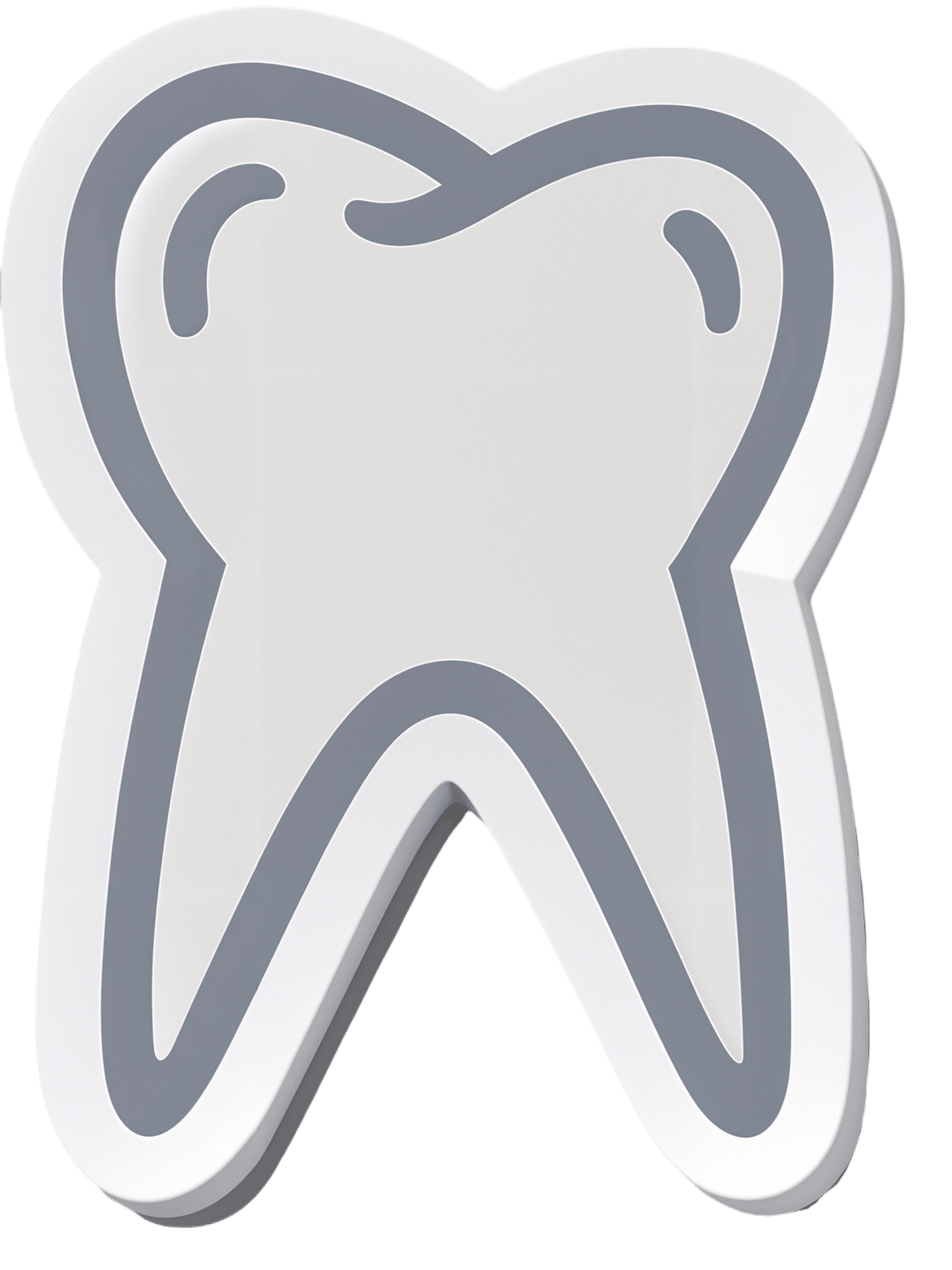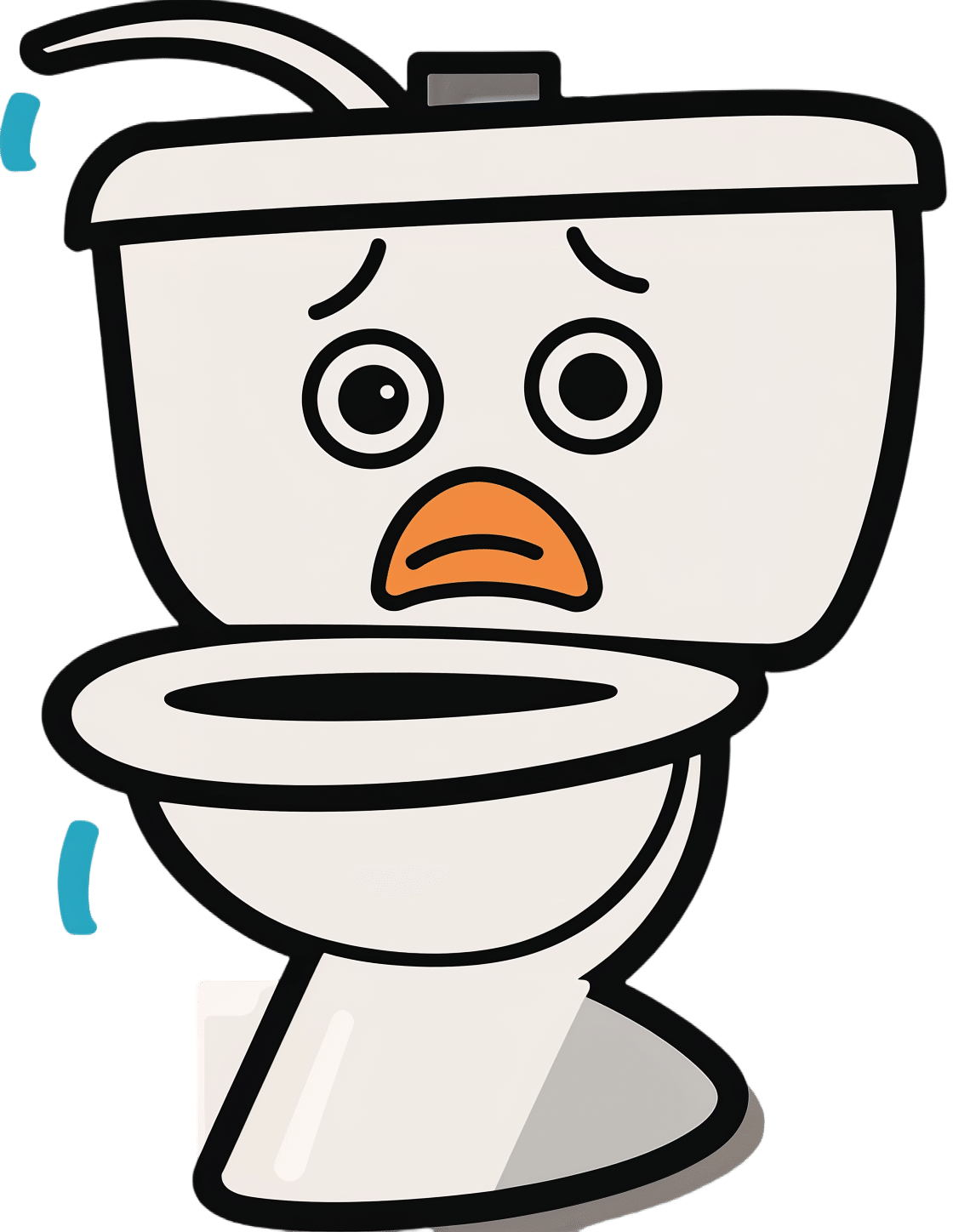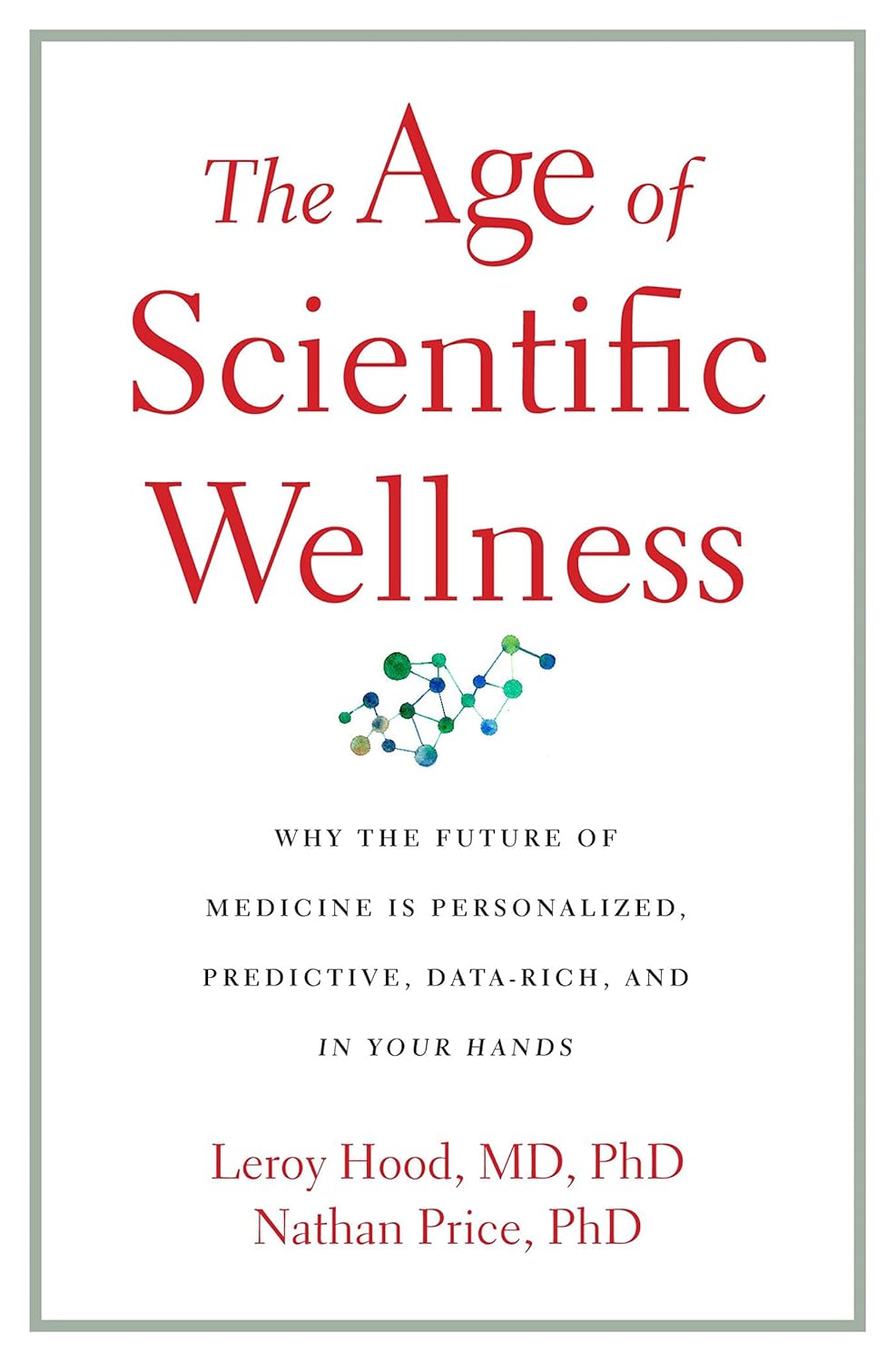
Flossing Without Flossing?
10almonds is reader-supported. We may, at no cost to you, receive a portion of sales if you purchase a product through a link in this article.
Flossing Without Flossing?
You almost certainly brush your teeth. You might use mouthwash. A lot of people floss for three weeks at a time, often in January.
There are a lot of options for oral hygiene; variations of the above, and many alternatives too. This is a big topic, so rather than try to squeeze it all in one, this will be a several-part series.
The first part was: Toothpastes & Mouthwashes: Which Help And Which Harm?
How important is flossing?
Interdental cleaning is indeed pretty important, even though it may not have the heart health benefits that have been widely advertised:
However! The health of our gums is very important in and of itself, especially as we get older:
Flossing Is Associated with Improved Oral Health in Older Adults
But! It helps to avoid periodontal (e.g. gum) disease, not dental caries:
Flossing for the management of periodontal diseases and dental caries in adults
And! Most certainly it can help avoid a stack of other diseases:
Interdental Cleaning Is Associated with Decreased Oral Disease Prevalence
…so in short, if you’d like to have happy healthy teeth and gums, flossing is an important adjunct, and/but not a one-stop panacea.
Is it better to floss before or after brushing?
As you prefer. A team of scientists led by Dr. Claudia Silva studied this, and found that there was “no statistical difference between brush-floss and floss-brush”:
Flossing is tedious. How do we floss without flossing?
This is (mostly) about water-flossing! Which does for old-style floss what sonic toothbrushes to for old-style manual toothbrushes.
If you’re unfamiliar, it means using a device that basically power-washes your teeth, but with a very narrow high-pressure jet of water.
Do they work? Yes:
As for how it stacks up against traditional flossing, Liang et al. found:
❝In our previous single-outcome analysis, we concluded that interdental brushes and water jet devices rank highest for reducing gingival inflammation while toothpick and flossing rank last.
In this multioutcome Bayesian network meta-analysis with equal weight on gingival inflammation and bleeding-on-probing, the surface under the cumulative ranking curve was 0.87 for water jet devices and 0.85 for interdental brushes.
Water jet devices and interdental brushes remained the two best devices across different sets of weightings for the gingival inflammation and bleeding-on-probing. ❞
~ Journal of Evidence-Based Dental Practice
You may be wondering how safe it is if you have had dental work done, and, it appears to be quite safe, for example:
BDJ | Water-jet flossing: effect on composites
Want to try water-flossing?
Here are some examples on Amazon:
- Waterpik Complete Care 9.0 ← example of a top-end water-flossing device
- Philips Sonicare Power Flosser 3000 ← top-tier not-Waterpik-brand device
- INSMART Cordless Water Dental Flosser ← very low price and still average 4.5 star reviews, so in our opinion, a fine first choice
Bonus: if you haven’t tried interdental brushes, here’s an example for that
Enjoy!
Don’t Forget…
Did you arrive here from our newsletter? Don’t forget to return to the email to continue learning!
Recommended
Learn to Age Gracefully
Join the 98k+ American women taking control of their health & aging with our 100% free (and fun!) daily emails:
-
How To Avoid UTIs
10almonds is reader-supported. We may, at no cost to you, receive a portion of sales if you purchase a product through a link in this article.
Psst… A Word To The Wise
Urinary Tract Infections (UTIs) can strike at any age, but they get a lot more common as we get older:
- About 10% of women over 65 have had one
- About 30% of women over 85 have had one
Source: Urinary tract infection in older adults
Note: those figures are almost certainly very underreported, so the real figures are doubtlessly higher. However, we print them here as they’re still indicative of a disproportionate increase in risk over time.
What about men?
Men do get UTIs too, but at a much lower rate. The difference in average urethra length means that women are typically 30x more likely to get a UTI.
However! If a man does get one, then assuming the average longer urethra, it will likely take much more treatment to fix:
Case study: 26-Year-Old Man With Recurrent Urinary Tract Infections
Risk factors you might want to know about
While you may not be able to do much about your age or the length of your urethra, there are some risk factors that can be more useful to know:
Catheterization
You might logically think that having a catheter would be the equivalent of having a really long urethra, thus keeping you safe, but unfortunately, the opposite is true:
Read more: Review of Catheter-Associated Urinary Tract Infections
Untreated menopause
Low estrogen levels can cause vaginal tissue to dry, making it easier for pathogens to grow.
For more information on menopausal HRT, see:
What You Should Have Been Told About Menopause Beforehand
Sexual activity
Most kinds of sexual activity carry a risk of bringing germs very close to the urethra. Without wishing to be too indelicate: anything that’s going there should be clean, so it’s a case for washing your hands/partner(s)/toys etc.
For the latter, beyond soap and water, you might also consider investing in a UV sanitizer box ← This example has a 9” capacity; if you shop around though, be sure to check the size is sufficient!
Kidney stones and other kidney diseases
Anything that impedes the flow of urine can raise the risk of a UTI.
See also: Keeping Your Kidneys Healthy (Especially After 60)
Diabetes
How much you can control this one will obviously depend on which type of diabetes you have, but diabetes of any type is an immunocompromizing condition. If you can, managing it as well as possible will help many aspects of your health, including this one.
More on that:
How To Prevent And Reverse Type 2 Diabetes
Note: In the case of Type 1 Diabetes, the above advice will (alas) not help you to prevent or reverse it. However, reducing/avoiding insulin resistance is even more important in cases of T1D (because if your exogenous insulin stops working, you die), so the advice is good all the same.
How do I know if I have a UTI?
Routine screening isn’t really a thing, since the symptoms are usually quite self-evident. If it hurts/burns when you pee, the most likely reason is a UTI.
Get it checked out; the test is a (non-invasive) urinalysis test. In other words, you’ll give a urine sample and they’ll test that.
Anything else I can do to avoid it?
Yes! We wrote previously about the benefits of cranberry supplementation, which was found even to rival antibiotics:
❝…recommend cranberry ingestion to decrease the incidence of urinary tract infections, particularly in individuals with recurrent urinary tract infections. This would also reduce the [need for] administration of antibiotics❞
Read more: Health Benefits Of Cranberries
Take care!
Share This Post
-
Remember – by Dr. Lisa Genova
10almonds is reader-supported. We may, at no cost to you, receive a portion of sales if you purchase a product through a link in this article.
Memory is often viewed as one thing—either you have a good memory, or you don’t. At best, a lot of people have a vague idea of selective memory. But, the reality is much more complex—and much more interesting.
Dr. Genova lays out clearly and simply the various different kinds of memory, how they work, and how they fail. Some of these kinds of memory operate on completely different principles than others, and/or in different parts of the brain. And, it’s not just “a memory for faces” or a “memory for names”, nor even “short term vs long term”. There’s working memory, explicit and implicit memory, semantic memory, episodic memory, muscle memory, and more.
However, this is not just an interesting book—it’s also a useful one. Dr. Genova also looks at how we can guard against failing memory in later years, and how we can expand and grow the kinds of memory that are most important to us.
The style of the book is very conversational, and not at all textbook-like. It’s certainly very accessible, and pleasant to read too.
Bottom line: memory is a weird and wonderful thing, and this book shines a clear light on many aspects of it—including how to improve the various different kinds of memory.
Click here to check out Remember (we recommend to do it now before you forget!
Share This Post
-
Pregnant women can now get a free RSV shot. What other vaccines do you need when you’re expecting?
10almonds is reader-supported. We may, at no cost to you, receive a portion of sales if you purchase a product through a link in this article.
From today, February 3, pregnant women in Australia will be eligible for a free RSV vaccine under the National Immunisation Program.
This vaccine is designed to protect young infants from severe RSV (respiratory syncytial virus). It does so by generating the production of antibodies against RSV in the mother, which then travel across the placenta to the baby.
While the RSV vaccine is a new addition to the National Immunisation Program, it’s one of three vaccines provided free for pregnant women under the program, alongside ones for influenza and whooping cough. Each offers important protection for newborn babies.
voronaman/Shutterstock The RSV vaccine
RSV is the most common cause of lower respiratory infections (bronchiolitis and pneumonia) in infants. It’s estimated that of every 100 infants born in Australia each year, at least two will be hospitalised with RSV by six months of age.
RSV infection is most common roughly between March and August in the southern hemisphere, but infection can occur year-round, especially in tropical areas.
The vaccine works by conferring passive immunity (from the mother) as opposed to active immunity (the baby’s own immune response). By the time the baby is born, their antibodies are sufficient to protect them during the first months of life when they are most vulnerable to severe RSV disease.
The RSV vaccine registered for use in pregnant women in Australia, Abrysvo, has been used since 2023 in the Americas and Europe. Real-world experience there shows it’s working well.
For example, over the 2024 RSV season in Argentina, it was found to prevent 72.7% of lower respiratory tract infections caused by RSV and requiring hospitalisation in infants aged 0–3 months, and 68% among those aged 0–6 months. This research noted three deaths from RSV, all in infants whose mothers did not receive the RSV vaccine during pregnancy.
This was similar to protection seen in a large multinational clinical trial that compared babies born to mothers who received this RSV vaccine with babies born to mothers who received a placebo. This study found the vaccine prevented 82.4% of severe cases of RSV in infants aged under three months, and 70% under six months, and that the vaccine was safe.
Vaccinating mothers during pregnancy protects the newborn baby. StoryTime Studio/Shutterstock In addition to the maternal vaccine, nirsevimab, a long-acting monoclonal antibody, provides effective protection against severe RSV disease. It’s delivered to the baby by an intramuscular injection, usually in the thigh.
Nirsevimab is recommended for babies born to women who did not receive an RSV vaccine during pregnancy, or who are born within two weeks of their mother having received the shot (most likely if they’re born prematurely). It may also be recommended for babies who are at higher risk of RSV due to a medical condition, even if their mother was vaccinated.
Nirsevimab is not funded under the National Immunisation Program, but is covered under various state and territory-based programs for infants of mothers who fall into the above categories.
But now we have a safe and effective RSV vaccine for pregnancy, all pregnant women should be encouraged to receive it as the first line of prevention. This will maximise the number of babies protected during their first months of life.
Flu and whooping cough
It’s also important pregnant women continue to receive flu and whooping cough vaccines in 2025. Like the RSV vaccine, these protect infants by passing antibodies from mother to baby.
There has been a large whooping cough outbreak in Australia in recent months, including a death of a two-month-old infant in Queensland in November 2024.
The whooping cough vaccine, given in combination with diphtheria and tetanus, prevents more than 90% of whooping cough cases in babies too young to receive their first whooping cough vaccine dose.
Similarly, influenza can be deadly in young babies, and maternal flu vaccination substantially reduces hospital visits associated with influenza for babies under six months. Flu can also be serious for pregnant women, so the vaccine offers important protection for the mother as well.
COVID vaccines are safe in pregnancy, but unless a woman is otherwise eligible, they’re not routinely recommended. You can discuss this with your health-care provider.
When and where can you get vaccinated?
Pregnant women can receive these vaccines during antenatal visits through their GP or in a specialised antenatal clinic.
The flu vaccine is recommended at any time during pregnancy, the whooping cough vaccine from 20 weeks (ideally before 32 weeks), and the RSV vaccine from 28 weeks (before 36 weeks).
It’s safe to receive multiple vaccinations at the same clinic visit.
The RSV vaccine is now available for pregnant women under the National Immunisation Program. Olga Rolenko/Shutterstock We know vaccination rates have declined in a variety of groups since the pandemic, and there’s evidence emerging that suggests this trend has occurred in pregnant women too.
A recent preprint (a study yet to be peer-reviewed) found a decrease of nearly ten percentage points in flu vaccine coverage among pregnant women in New South Wales, from 58.8% in 2020 to 49.1% in 2022. The research showed a smaller drop of 1.4 percentage points for whooping cough, from 79% in 2020 to 77.6% in 2022.
It’s important to work to improve vaccination rates during pregnancy to give babies the best protection in their first months of life.
We know pregnant women would like to receive information about new and routine maternal vaccines early in pregnancy. In particular, many pregnant women want to understand how vaccines are tested for safety, and their effectiveness, which was evident during COVID.
GPs and midwives are trusted sources of information on vaccines in pregnancy. There’s also information available online on Sharing Knowledge About Immunisation, a collaboration led by the National Centre for Immunisation Research and Surveillance.
Archana Koirala, Paediatrician and Infectious Diseases Specialist, University of Sydney; Bianca Middleton, Senior Research Fellow, Menzies School of Health Research; Margie Danchin, Professor of Paediatrics and vaccinologist, Royal Childrens Hospital, University of Melbourne and Murdoch Childrens Research Institute (MCRI); Associate Dean International, University of Melbourne, Murdoch Children’s Research Institute; Peter McIntyre, Professor in Women’s and Children’s Health, University of Otago, and Rebecca Doyle, Adjunct Research Fellow, School of Nursing, Midwifery and Social Work, The University of Queensland
This article is republished from The Conversation under a Creative Commons license. Read the original article.
Share This Post
Related Posts
-
Gut Health for Women – by Aurora Bloom
10almonds is reader-supported. We may, at no cost to you, receive a portion of sales if you purchase a product through a link in this article.
First things first: though the title says “For Women”, almost all of it applies to men too—and the things that don’t apply, don’t cause a problem. So if you’re cooking for your family that contains one or more men, this is still great.
Bloom gives us a good, simple, practical introduction to gut health. Her overview also covers gut-related ailments beyond the obvious “tummy hurts”. On which note:
A very valuable section of this book covers dealing with any stomach-upsets that do occur… without harming your trillions of tiny friends (friendly gut microbiota). This alone can make a big difference!
The book does of course also cover the things you’d most expect: things to eat or avoid. But it goes beyond that, looking at optimizing and maintaining your gut health. It’s not just dietary advice here, because the gut affects—and is affected by—other lifestyle factors too. Ranges from mindful eating, to a synchronous sleep schedule, to what kinds of exercise are best to keep your gut ticking over nicely.
There’s also a two-week meal plan, and an extensive appendix of resources, not to mention a lengthy bibliography for sourcing health claims (and suggesting further reading).
In short, a fine and well-written guide to optimizing your gut health and enjoying the benefits.
Don’t Forget…
Did you arrive here from our newsletter? Don’t forget to return to the email to continue learning!
Learn to Age Gracefully
Join the 98k+ American women taking control of their health & aging with our 100% free (and fun!) daily emails:
-
The Age of Scientific Wellness – by Dr. Leroy Hood & Dr. Nathan Price
10almonds is reader-supported. We may, at no cost to you, receive a portion of sales if you purchase a product through a link in this article.
We don’t usually do an author bio beyond mentioning their professional background, but in this case it’s worth mentioning that the first-listed author, Dr. Leroy Hood, is the one who invented the automated gene sequencing technology that made the Human Genome Project possible. In terms of awards, he’s won everything short of a Nobel Prize, and that’s probably less a snub and more a matter of how there isn’t a Nobel Prize for Engineering—his field is molecular biotechnology, but what he solved was an engineering problem.
In this book, the authors set out to make the case that “find it and fix it” medicine has done a respectable job of getting us where we are, but what we need now is P4 medicine:
- Predict
- Prevent
- Personalize
- Participate
The idea is that with adequate data (genomic, phenomic, and digital), we can predict the course of health sufficiently well to interrupt the process of disease at its actual (previously unseen) starting point, instead of waiting for symptoms to show up, thus preventing it proactively. The personalization is because this will not be a “one size fits all” approach, since our physiologies are different, our markers of health and disease will be somewhat too. And the participatory aspect? That’s because the only way to get enough data to do this for an entire population is with—more or less—an entire population’s involvement.
This is what happens when, for example, your fitness tracker asks if it can share anonymized health metrics for research purposes and you allow it—you are becoming part of the science (a noble and worthy act!).
You may be wondering whether this book has health advice, or is more about the big picture. And, the answer is both. It’s mostly about the big picture but it does have a lot of (data-driven!) health advice too, especially towards the end.
The style is largely narrative, talking the reader through the progresses (and setbacks) that have marked the path so far, and projecting the next part of the journey, in the hope that we can avoid being part of a generation born just too late to take advantage of this revolutionary approach to health.
Bottom line: this isn’t a very light read, but it is a worthwhile one, and it’ll surely inspire you to increase the extent to which you are proactive about your health!
Click here to check out The Age Of Scientific Wellness, and be part of it!
Don’t Forget…
Did you arrive here from our newsletter? Don’t forget to return to the email to continue learning!
Learn to Age Gracefully
Join the 98k+ American women taking control of their health & aging with our 100% free (and fun!) daily emails:
-
Rebalancing Dopamine (Without “Dopamine Fasting”)
10almonds is reader-supported. We may, at no cost to you, receive a portion of sales if you purchase a product through a link in this article.
Rebalancing Dopamine (Without “Dopamine Fasting”)
Credit Steve Fisch This is Dr. Anna Lembke. She’s a professor of psychiatry at Stanford, and chief of the Stanford Addiction Medicine Dual Diagnosis Clinic—as well as running her own clinical practice, and serving on the board of an array of state and national addiction-focused organizations.
Today we’re going to look at her work on dopamine management…
Getting off the hedonic treadmill
For any unfamiliar with the term, the “hedonic treadmill” is what happens when we seek pleasure, enjoy the pleasure, the pleasure becomes normalized, and now we need to seek a stronger pleasure to get above our new baseline.
In other words, much like running on a reciprocal treadmill that just gets faster the faster we run.
What Dr. Lembke wants us to know here: pleasure invariably leads to pain
This is not because of some sort of extrinsic moral mandate, nor even in the Buddhist sense. Rather, it is biology.
Pleasure and pain are processed by the same part of the brain, and if we up one, the other will be upped accordingly, to try to keep a balance.
Consequently, if we recklessly seek “highs”, we’re going to hit “lows” soon enough. Whether that’s by drugs, sex, or just dopaminergic habits like social media overuse.
Dr. Lembke’s own poison of choice was trashy romance novels, by the way. But she soon found she needed more, and more, and the same level wasn’t “doing it” for her anymore.
So, should we just give up our pleasures, and do a “dopamine fast”?
Not so fast!
It depends on what they are. Dopamine fasting, per se, does not work. We wrote about this previously:
Short On Dopamine? Science Has The Answer
However, when it comes to our dopaminergic habits, a short period (say, a couple of weeks) of absence of that particular thing can help us re-find our balance, and also, find insight.
Lest that latter sound wishy-washy: this is about realizing how bad an overuse of some dopaminergic activity had become, the better to appreciate it responsibly, going forwards.
So in other words, if your poison is, as in Dr. Lembke’s case, trashy romance novels, you would abstain from them for a couple of weeks, while continuing to enjoy the other pleasures in life uninterrupted.
Substances that create a dependency are a special case
There’s often a popular differentiation between physical addictions (e.g. alcohol) and behavioral addictions (e.g. video games). And that’s fair; physiologically speaking, those may both involve dopamine responses, but are otherwise quite different.
However, there are some substances that are physical addictions that do not create a physical dependence (e.g. sugar), and there are substances that create a physical dependence without being addictive (e.g. many antidepressants)
See also: Addiction and physical dependence are not the same thing
In the case of anything that has created a physical dependence, Dr. Lembke does not recommend trying to go “cold turkey” on that without medical advice and supervision.
Going on the counterattack
Remember what we said about pleasure and pain being processed in the same part of the brain, and each rising to meet the other?
While this mean that seeking pleasure will bring us pain, the inverse is also true.
Don’t worry, she’s not advising us to take up masochism (unless that’s your thing!). But there are very safe healthy ways that we can tip the scales towards pain, ultimately leading to greater happiness.
Cold showers are an example she cites as particularly meritorious.
As a quick aside, we wrote about the other health benefits of these, too:
A Cold Shower A Day Keeps The Doctor Away?
Further reading
Want to know more? You might like her book:
Dopamine Nation: Finding Balance in the Age of Indulgence
Enjoy!
Don’t Forget…
Did you arrive here from our newsletter? Don’t forget to return to the email to continue learning!
Learn to Age Gracefully
Join the 98k+ American women taking control of their health & aging with our 100% free (and fun!) daily emails:











